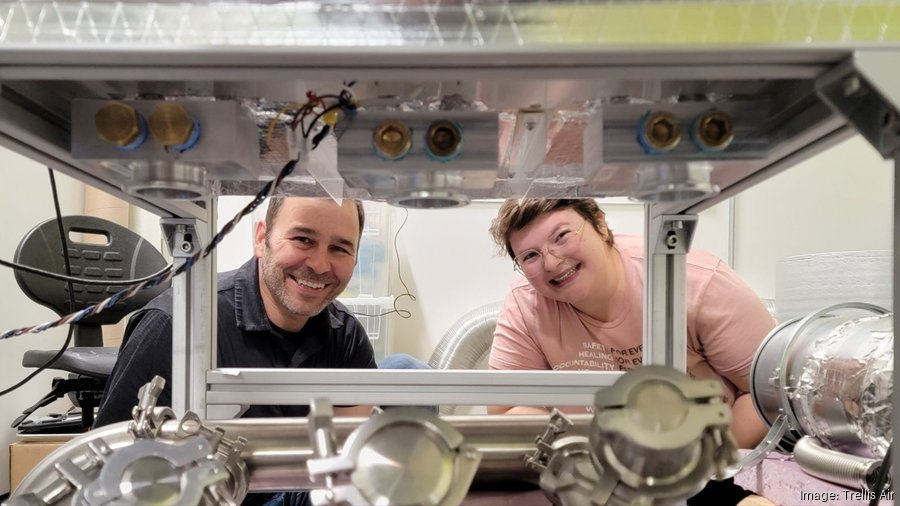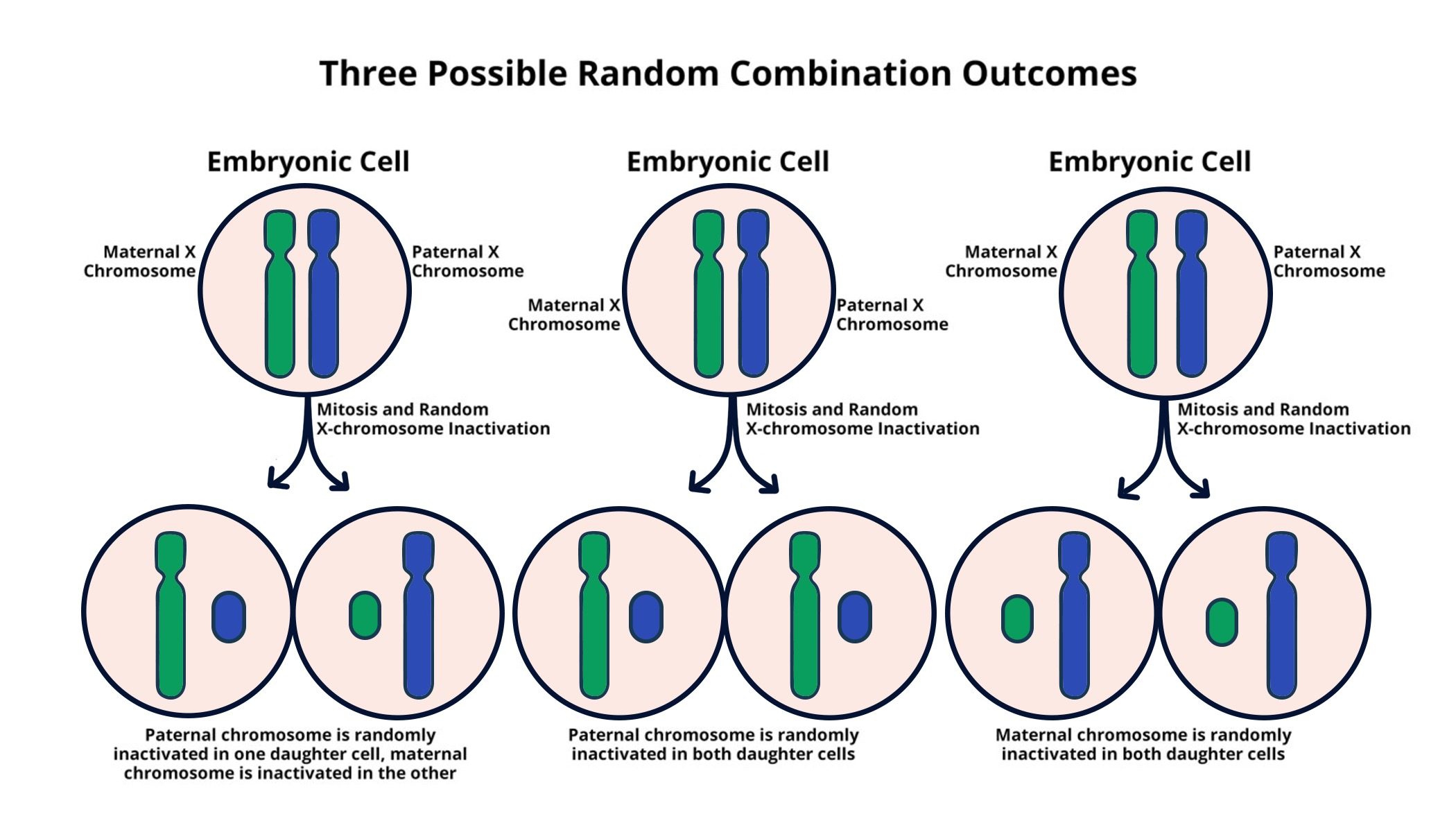Healthcare technology is revolutionizing the way patients manage their conditions, offering groundbreaking tools that provide personalized support and intervention. With the advent of mobile apps for cancer patients, users can now access real-time assistance tailored to their unique health challenges. Innovations such as AI in healthcare are empowering these applications, enhancing their ability to customize user interactions and improve adherence to treatment protocols. Furthermore, personalized health apps leverage adaptive intervention technology to deliver essential guidance precisely when needed, all while fostering connections through digital health coaching. As the healthcare industry embraces these advancements, the potential to transform patient care and improve outcomes for vulnerable populations is becoming increasingly tangible.
The realm of medical technology is witnessing remarkable enhancements, particularly with the influx of advanced applications designed to directly support users on their health journeys. These innovative digital solutions cater specifically to individuals dealing with significant health challenges, such as cancer treatment, by employing cutting-edge algorithms and artificial intelligence to tailor user experiences meticulously. The emergence of intelligent health monitoring systems exemplifies how these tools can adapt to patients’ evolving needs, ensuring timely insights and interventions. By integrating social support mechanisms within these platforms, digital coaching now extends to helping users achieve their wellness goals effectively. As we explore the landscape of these emerging technologies, it is evident that their transformative power can fundamentally reshape the healthcare experience.
Revolutionizing Cancer Care with Mobile Apps
Cancer care poses unique challenges, especially for patients recovering from treatments such as stem cell transplants. Mobile apps specifically designed for cancer patients are changing the landscape of healthcare technology by providing continuous support and guidance. These applications utilize algorithms that adapt to the individual needs of each patient, ensuring that they receive timely reminders for medication adherence and essential health routine tasks. By leveraging mobile technology, healthcare providers can deliver real-time interventions that make it easier for patients to manage their recovery process effectively.
Moreover, mobile apps for cancer patients do not operate on a one-size-fits-all basis; they incorporate personalization through reinforcement learning algorithms. These smart apps learn from user interactions, allowing them to customize nudges and reminders in a way that resonates with the user. For instance, if a patient tends to forget their medication at a certain time, the app can adjust the notification timing accordingly. This adaptive approach greatly enhances the likelihood of adherence and leads to improved health outcomes for cancer patients.
AI in Healthcare: Transforming Patient Support Systems
Artificial intelligence (AI) is at the forefront of transforming healthcare practices, particularly in enhancing support systems for patients. By implementing AI-driven algorithms, healthcare technology can provide personalized health apps that cater specifically to the requirements of individuals, including those battling cancer or dealing with addiction. These applications use machine learning techniques to analyze user behavior and environmental factors, leading to a more tailored healthcare experience. This also opens doors for healthcare providers to engage with their patients in a manner that fosters better adherence to treatment and lifestyle changes.
One striking implementation of AI in healthcare is the development of adaptive intervention technologies. These innovations allow for support that varies based on real-time feedback from users, thus addressing their emotional and psychological states. For example, if a patient struggling with medication adherence responds positively to motivational messages, the system capitalizes on that trend by offering more of such encouragement when needed. This iterative learning process not only aids in patient management but also contributes to higher satisfaction and engagement levels.
The Role of Digital Health Coaching in Patient Empowerment
Digital health coaching is becoming an essential component of modern healthcare, particularly for patients who require ongoing support. With mobile apps serving as virtual health coaches, users receive personalized guidance on their recovery journey, whether they are dealing with cancer or managing a chronic illness. These apps provide tailored recommendations and motivational prompts that encourage users to stay focused on their health goals, using algorithms that adapt based on user engagement.
By utilizing digital health coaching tools, patients engage more actively with their treatment plans. This empowers them to take charge of their health decisions and performance in a way that traditional methods may not. For instance, healthcare technology can promote healthier behaviors by utilizing data from user activity logs to suggest relevant feedback. This coaching approach not only enhances adherence to treatment protocols but also fosters a supportive environment through social features built into the apps, allowing patients to connect with others facing similar challenges.
Enhancing Caregiver Support with Adaptive Technologies
Caregivers often face immense pressure when managing the treatment and support of cancer patients. To address this, healthcare technology has begun to integrate adaptive intervention systems that provide assistance tailored to the needs of both patients and their caregivers. By employing algorithms that adjust based on the interactions of each user, these tools aim to improve communication and provide necessary reminders and information at the most opportune moments.
Such advancements in mobile apps not only facilitate optimized medication management for patients but also empower caregivers with the resources they need to provide effective support. For example, when caregivers are alerted to upcoming medication schedules or receive motivational prompts designed to enhance their interaction with the patient, they are better equipped to manage the complexities of caregiving. This holistic approach ensures that both patients and caregivers can work together towards achieving better health outcomes.
Reinforcement Learning Algorithms: The Future of Personalized Health
Reinforcement learning algorithms are paving the way for next-generation personalized health applications that adapt to individual user needs in real-time. By analyzing data from user interactions, these methods allow apps to deliver timely, contextual support, tailored to the unique lifestyle and health challenges of each patient. In the realm of healthcare technology, the ability to continuously learn from patient behavior is transforming how interventions are delivered.
The application of reinforcement learning in health apps is particularly beneficial for managing chronic conditions or intensive care scenarios, such as cancer treatment. For example, a patient recovering from a stem cell transplant can receive personalized reminders that are optimized over time, reducing the chance of neglect and enhancing their motivation. Thus, these algorithms not only make digital interactions more relevant but also improve adherence to complex treatment plans.
The Intersection of Technology and Psychological Wellbeing
Psychological wellbeing is a crucial component of recovery, particularly for patients undergoing cancer treatment. Emerging apps are now integrating digital health coaching with psychological support through engaging functionalities like games and interactive prompts. This approach helps patients find motivation and maintain a positive mindset as they navigate their health journey.
Moreover, the connection between technology and psychological wellbeing is enhanced through features that encourage social interaction and support. By allowing users to engage socially with peers or family members, healthcare apps can foster a sense of community that is essential for emotional sustenance during difficult times. This human connection, combined with technological support, is proving to be an effective strategy in promoting comprehensive patient care.
Mobile Apps: A New Frontier for Cancer Survivorship
The journey of cancer survivorship requires continuous support and monitoring, and mobile applications are emerging as a key resource in this phase of care. These digital tools provide survivors with access to a plethora of health management features, ensuring they remain engaged with their health post-treatment. Through integration with healthcare technology, apps can store and analyze health data, reminding survivors of important check-ups and lifestyle recommendations tailored to their unique recovery needs.
Additionally, mobile applications designed specifically for cancer survivors serve to educate users on healthy practices that can mitigate the risk of recurrence. By utilizing adaptive intervention technology, these apps can adjust the information and prompts provided based on user behavior and preferences, ensuring a personalized user experience that aligns with the survivor’s goals and challenges.
Future Perspectives: Advancements in Adaptive Intervention Technology
The future of healthcare technology lies in the continued advancement of adaptive intervention technology. As we learn more about the nuances of patient needs, integrating advanced algorithms into healthcare apps will play a pivotal role in overcoming barriers to adherence and engagement. By focusing on creating personalized health apps that use real-time data, healthcare providers can significantly improve outcomes for patients, particularly those with complex health profiles.
Innovations in adaptive technologies will expand to address an even broader array of health issues, enabling healthcare teams to implement timely interventions across diverse patient populations. This transformation is not just about developing apps but also about reshaping how we think about patient engagement, emphasizing the importance of tailored support throughout the healthcare journey.
Connecting With Community Through Digital Health Solutions
Community support is vital for patient recovery, especially for those facing significant health challenges like cancer. Digital health solutions are uniquely positioned to foster community connections among patients and their caregivers. These applications often include features that allow users to share experiences, seek advice, and encourage one another in a safe, virtual environment, enhancing the overall support network.
By utilizing mobile apps designed for community engagement, patients can interact with others who share similar experiences. This interaction not only alleviates feelings of isolation but also provides practical tips and motivation, driven by shared experiences and success stories. Therefore, healthcare technology that fosters community involvement is essential for uplifting patient morale and enhancing overall health outcomes.
Frequently Asked Questions
How can mobile apps for cancer patients enhance treatment adherence?
Mobile apps for cancer patients utilize advanced algorithms to provide personalized health interventions. By tailoring reminders and support specifically to each patient’s needs and circumstances, these apps help improve adherence to medication regimens, significantly decreasing the likelihood of missed doses, especially in challenging recovery scenarios like stem cell transplants.
What role does AI in healthcare play in developing personalized health apps for patients?
AI in healthcare is crucial for the development of personalized health apps. It enables applications to learn from user interactions and adapt in real-time, delivering customized support at opportune moments. This dynamic approach ensures that users receive relevant and timely guidance, thereby enhancing their engagement and adherence to treatment protocols.
What is just-in-time adaptive intervention technology and how is it used in healthcare?
Just-in-time adaptive intervention technology is a strategy employed in healthcare to provide support based on a patient’s real-time needs. By using algorithms that assess user context, these interventions can adjust prompts and recommendations, ensuring that patients receive assistance when it matters most, which is especially beneficial in managing chronic conditions.
How do digital health coaching apps support cancer patients and their caregivers?
Digital health coaching apps support cancer patients and their caregivers by facilitating communication and interaction. These platforms are designed to enhance the relationship between patients and their caregivers, optimizing medication management and providing timely reminders, which can improve patient outcomes during critical recovery periods.
Why are algorithms important in mobile apps for health management?
Algorithms are vital in mobile apps for health management as they enable continuous learning from user data. This allows apps to refine their decision-making processes and provide more effective personalized interventions. Ultimately, they help enhance user engagement by ensuring that notifications and reminders are timely and relevant.
What advancements in AI technology are leading to improved patient outcomes in healthcare?
Advancements in AI technology, particularly in reinforcement learning and adaptive algorithms, are leading to improved patient outcomes by creating highly personalized health apps. These apps provide tailored recommendations based on individual patient data, promoting better adherence to treatment and enhancing overall health management.
How can personalized health apps benefit young adults using cannabis?
Personalized health apps designed for young adults using cannabis can help reduce consumption by utilizing adaptive intervention strategies. By tailoring feedback based on individual usage patterns and providing real-time support, these apps encourage healthier behaviors and improve overall management of cannabis use among this demographic.
What is the significance of digital health coaching for managing medication in chronic illness?
Digital health coaching is significant for managing medication in chronic illness because it provides ongoing support and personalized interventions tailored to the user’s circumstances. By utilizing adaptive technologies, these tools can enhance adherence to complex medication regimens, ultimately leading to better health outcomes and improved quality of life for patients.
| Aspect | Description |
|---|---|
| Target Audience | Cancer patients, particularly those undergoing stem cell transplantation, and cannabis users. |
| Technology Used | Reinforcement learning algorithms and real-time personalization features. |
| Goals | To support medication adherence, improve oral hygiene, and reduce cannabis consumption through targeted interventions. |
| Key Features | Just-in-time adaptive intervention, motivational prompts, and social support through integrated games. |
| Collaboration | Partnerships with software engineers, cancer clinicians, and behavioral scientists for clinical trials. |
| Project Examples | ADAPTS HCT for stem cell transplant patients and MiWaves for cannabis users. |
| User Interaction | The app learns from user interactions to provide customized reminders and support. |
Summary
Healthcare technology has significantly evolved, offering innovative solutions such as mobile applications designed to assist patients with chronic conditions. These advancements, spearheaded by researchers like Susan Murphy, exemplify how algorithms can provide personalized, just-in-time support for medication adherence and patient care. By leveraging artificial intelligence, these apps not only improve health management but also enhance the overall experience of patients and caregivers alike, making healthcare more accessible and tailored to individual needs.









